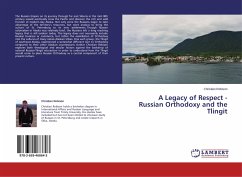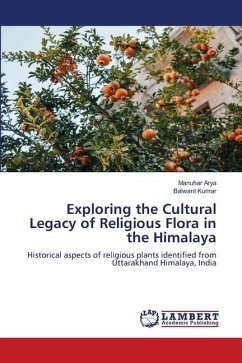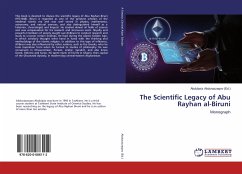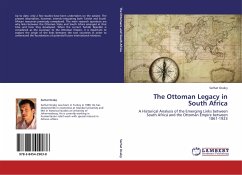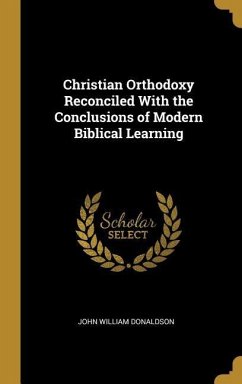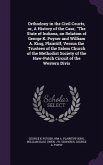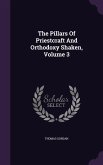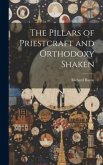The Russian Empire on its journey through far east Siberia in the mid-18th century would eventually cross the Pacific and discover the rich and wild frontier of modern-day Alaska. Not only were the Russians eager to take advantage of the territory s resources, but were anxious to bring the culture of St. Petersburg to its new settlements. Though Russian colonialism in Alaska was relatively brief, the Russians left a long reaching legacy that is still evident today. This legacy does not necessarily include Russian business or commerce, but rather the assimilation of Orthodoxy into the cultures of many native Alaskan tribes. One such group, the Tlingit of southeast Alaska, experienced a somewhat different turn to Orthodoxy compared to their other Alaskan counterparts. Author Christian Robison explores both theological and secular factors against the backdrop of colonial Russian-Tlingit interaction in order to understand how the Tlingit would come to place Russian Orthodoxy as a central component of their present culture.

